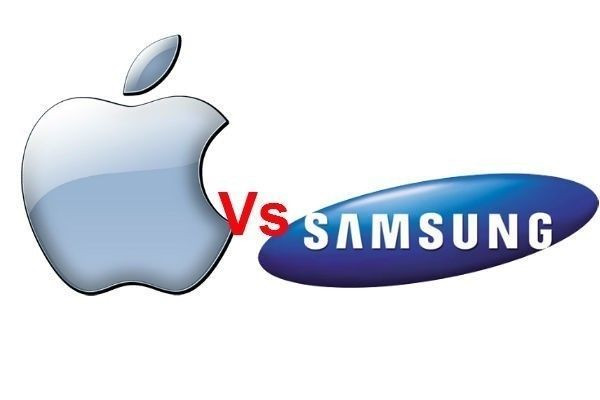Technology Focus: Why Apple And Samsung Should Settle Now

After three weeks of testimony, the case of Apple Inc. (Nasdaq: AAPL) vs. Samsung Electronics Co. Ltd. (Seoul: 005930) is over. U.S. District Court Judge Lucy Koh could instruct the nine-member civil jury in San Jose, Calif., as early as Tuesday.
Then, the jury of laypeople, not electrical engineers, software developers or information specialists, would retire to deliberate on whether Samsung, one of Apple's biggest suppliers as well as its principal rival in the lucrative smartphone and tablet market, had infringed upon its patents.
Last week, Judge Koh, 44, a Harvard Law School graduate, former assistant U.S. attorney and litigator for two top-flight Silicon Valley law firms dealing with technology and patents, urged the parties to settle.
"I'm going to make one more request that CEOs from both sides speak by phone," the judge said. "It's at least worth one more try. I see risks here for both sides."
Lawyers for Apple, in Cupertino, Calif., and Samsung, in South Korea, said they would try. Investors in both companies seemed to express confidence: Apple shares set a new record high Friday, closing at $648.11, while Samsung shares closed at 1.295 billion Won (US $11,404), a near record.
If sense prevails, they will settle, perhaps announcing a deal before global markets open Monday so both companies can go back to work developing new products.
That may be especially difficult for Apple, which seeks $2.5 billion in damages, a permanent injunction on sales of Samsung's Galaxy 10.1 tablet that battles the iPad and bans on sales of certain Samsung smartphones.
Considering that Apple reported cash and investments exceeding $117 billion on June 30, even the damages are chickenfeed to the company. Meanwhile, Apple, which doesn't manufacture anything, has supplied Samsung development engineers with design specifications for years in order to obtain the most advanced chips, support electronics and components for most of its products.
"Certainly both sides in this case are well-heeled," said Richard Ruzich, a patent lawyer with Cozen O'Connor, as well as an electrical engineer who defended the U.S. government in patent lawsuits. "It's just a logical assumption they would settle the issue."
The risks, said Ruzich and other lawyers are clear: the jury is tired and may be confused by all the technical data - and tedium - of a three-week trial and then by whatever instructions Judge Koh prepares, as well as understanding terms like "preponderance of evidence."
Judge Koh, with her Silicon Valley experience, isn't the only federal judge to urge settlements and face-to-face contacts. In the patent case of Oracle (Nasdaq: ORCL) vs. Google (Nasdaq: GOOG), Judge William Alsupp ordered similar meetings between CEOs that failed before trial.
Some technology patent feuds linger for years, such as the notorious x86 microprocessor litigation between Intel (Nasdaq: INTC), the No. 1 chipmaker, and Advanced Micro Devices (NYSE: AMD), the No. 2 microprocessor developer, who battled more than a decade, before agreeing on crosslicensing on Nov. 12, 1989.
A company with deep pockets can keep litigating forever, said S. Gregory Boyd, patent lawyer with Davis & Gilbert. Not that it makes much sense.
Another reason not to settle is when a company detects it's losing share, so management calls in a lawyer to see what patents have been infringed saying, "I want you to start a war," said Michael Molano, a lawyer with Mayer Brown in Silicon Valley.
But market researchers show both Apple and Samsung are kings of their respective hills in iOS and Android-lands. True, Apple's share of the overall tablet sector will decline as more Android- and Windows-based tablets enter the market. But does anyone doubt that whatever Apple introduces as an iPhone 5 won't be a commercial success?
Ruzich recalls that Apple's late chairman, Steve Jobs, called for "going thermonuclear" when he believed the "look and feel" of a product had been infringed. Yet despite similarities between the iPad and the Galaxy Tablet 10.1, no witness at the trial testified they are the same. Reviewers of the Samsung products give them high marks and uniformly say they lack of the "purity" and polish of the Apple rivals because they're cheaper.
The ball's now in the respective courts of Apple's Tim Cook and Samsung's Geesung Choi. Let's hope the call is loud and clear and a deal is struck before Monday.
© Copyright IBTimes 2025. All rights reserved.






















